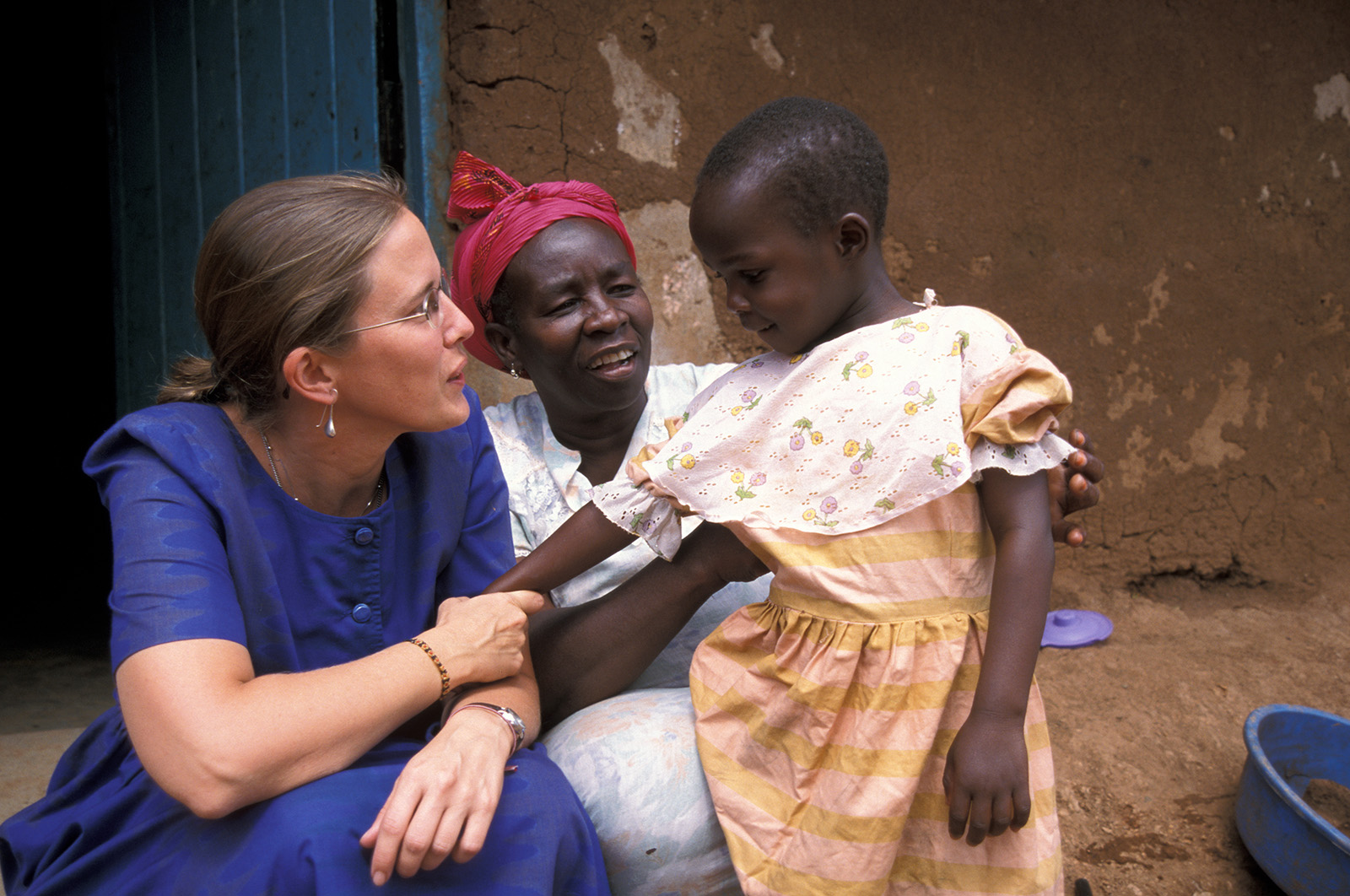
Christine Bodewes in Kibera slum, Nairobi (2002 Photo by Sean Sprague)
Today’s Gospel calls on us to treat our neighbor as our self – it is one of the most challenging Gospels for me. It asks us to think deeply about who exactly is our neighbor. We know it is not limited to the persons living next door, but how wide is this reach? And even more importantly, in what ways are we called to show our neighbors mercy?
When I was a Maryknoll Lay Missioner serving in Nairobi, Kenya, I worked as a human rights lawyer in the slums of Nairobi for nearly ten years. For much of that time, I was the member of a pastoral team for the parish located deep inside the Kibera settlement, the largest informal settlement in Kenya. In addition to the main parish center, there were several outstations or small chapels scattered throughout the settlement where Mass was celebrated every Sunday. Because many parishioners were not literate and lacked access to lectionaries, the homilies were frequently acted out by members of the youth.
One Sunday, the youth set the stage for today’s Gospel – the Good Samaritan – by bringing a very elderly woman in the parish, known for her poverty and struggles, into the chapel and laying her down in front of the altar. We watched as one of the youth came into the church, imitating perfectly the manner and tone of our beloved parish priest, and as he graciously stepped over our aged parishioner, said “pole sana (I am very sorry) but please excuse me as I have a parish pastoral council meeting and then a meeting with the choir and then another group is waiting for me to talk about…..” and he quickly left.
While I was embarrassed for our parish priest, who was undoubtedly one of the hardest working people I have ever known, I felt it was justified because he seemed to always be too busy for us. But I didn’t have time to consider it further as the next youth walked in – wearing my sweater and carrying my briefcase – and gingerly stepped over our parishioner saying, “I feel so terrible that you are lying there, and I really wish I could help, but I am late for a really important meeting at the UN on housing rights, I will try to pass by when I’m back.”
My heart sunk, my face flushed, and I knew I was trembling at my very core. I was the Levite who passed to the other side.
While I don’t remember the rest of the play as I was mortified and hurt, what remains crystal clear in my mind is my walk back to the main parish after Mass. I was with our parish priest who was equally chastened. I told him I had tried my level best for the community and felt unappreciated and even rejected. And then I asked him, “What are we going to do?” It was a rhetorical question and I was not expecting a real response. But he stopped walking, looked at me and said, “Oh Christine, we are going to change – that is what we are both going to do.”
I will forever be grateful to the youth who managed to borrow my sweater and briefcase without my notice and in the most gentle of ways, opened my eyes and heart to the incredible message of today’s Gospel.
What I learned in that brief moment in a darkened, tin chapel nestled in the midst of some of the worst urban poverty on the continent was what may be one of the most important lessons I have ever received. What people really desire is our time. They don’t want our ideas or solutions nearly as much as they need our time. Taking time to be with someone, prioritizing a simple act of communion to sit with someone and listen, to talk and laugh, to be together in a moment of care and concern, is perhaps the greatest mercy we can show to our neighbor.
I think our ability to pause and prioritize time in this manner is becoming even more difficult in today’s reality as we have unprecedented competition and demand for our time. The most common answer to the question, “how are you?” is now, “I’m busy.” There is no doubt that this is fuelled, in part, by digital technology which allows us to be accessible all the time.
Today, Saint Luke calls us to put away these distractions and to be the Good Samaritan – to take time to be a person who shows mercy toward our neighbor.
Scripture Reflection for the 15th Sunday in Ordinary Time (July 14) for the Maryknoll Office for Global Concerns

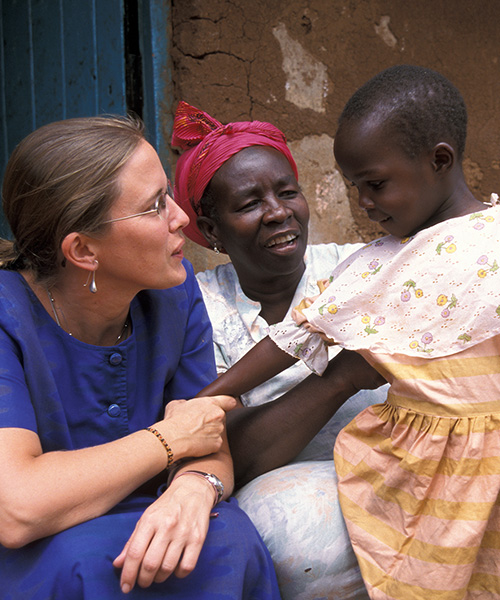

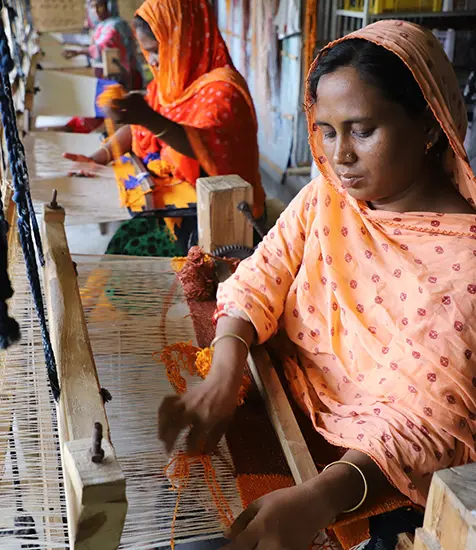
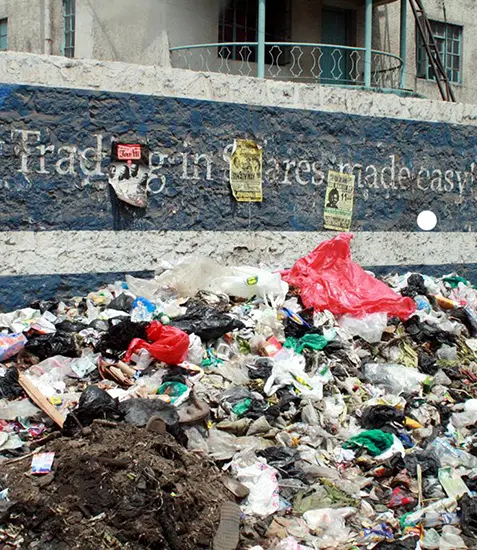
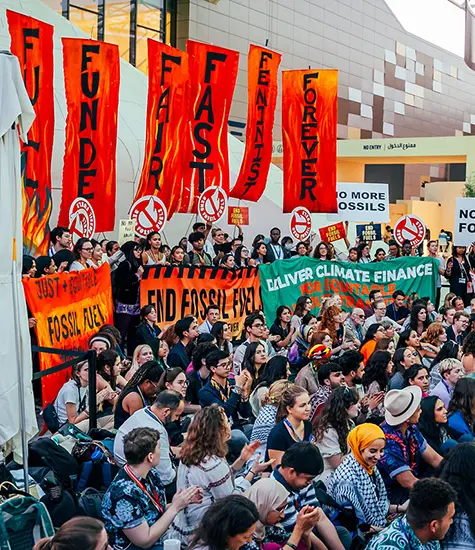




Asante Chris for your honesty and humility. This is a challenge for all of us “busy” missioners. It is the people who reveal to us the best and the worst of ourselves. May the Spirit give us ears to hear, eyes to see and hearts to respond.
Thank you for sharing this incredibly touching story. Your humble perspective and exceptional writing ability, humanized this moment, in all of its relatability. Thank you
Just as Erin wrote.
Thank you Chris. Very touching and a good reminder for all of us to be about our ‘mission’ in any part of the world. Your story reminds me also how gifted the Africans are at singing, dancing and love of drama.
I found this because I was looking for how to contact you, Christine, my prior PhD colleague. I was recently with our mutual friend, Father Doug May.
I also was blessed by the story. Even as a criminal defense attorney in New York City, I’m unsure how to not be the Levite…